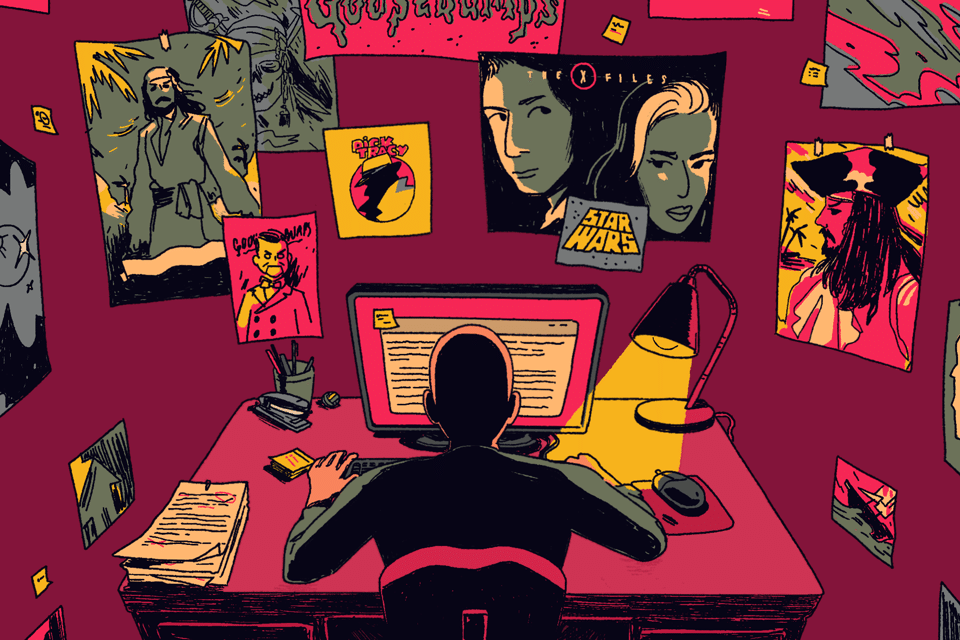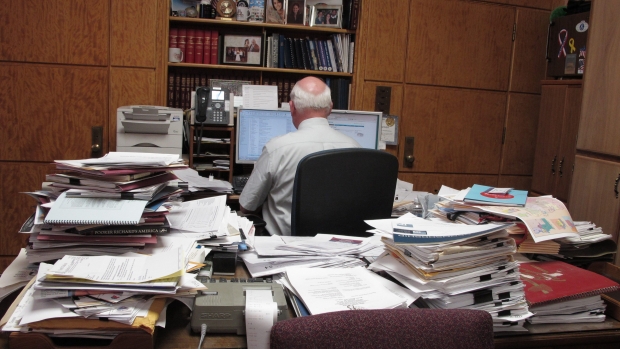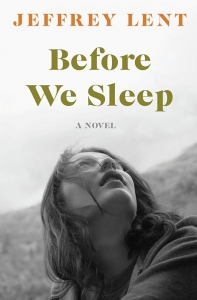
Ray Bradbury’s Practical and Inspiring Writing Advice
flavorwire.com – Tuesday August 22, 2017

The late, great Ray Bradbury, a master of modern science fiction, was born on this day in 1920. Bradbury was full of wit and wisdom when it came to dishing out practical writing advice.

Digital isn't dead for book publishers - we're just waking up from the first hangover
thebookseller.com – Monday August 21, 2017

In 2010 Steve Jobs announced another killer product that would propel tech companies, publishers and consumers into an exciting new era. The iPad launched tablet devices into the consumer consciousness in a way which few would have believed possible at the time. Now with over 40% of the worldwide population believed to own at least one tablet and 91% a smartphone, smart devices are here to stay.
So why did so many book apps fail to work?

What it's like writing about sex for over 60s
stuff.co.nz – Monday August 21, 2017

I haven't lost my libido. Mislaid it at times, perhaps, but not completely lost it. Possession of a SuperGold Card doesn't swipe away the sensual senses and sensations of a good old burst of lust, or so they tell me.
But when you're a woman over 60, sex becomes a standing joke in stand-up comedy repertoire. It's OK for guys over 60 to talk about it, just not women. And especially not in front of the children, even though they've got their own offspring now and clearly know what it's all about.
Imagine the horror then, having a mother who writes about it.
Writing fiction takes quite a bit of courage – exposing aspects of yourself, your fantasies, your innermost thoughts. Writing sex scenes takes even more courage. And writing sex scenes for over 60s requires an extra layer of tact.

Can you teach someone to write a bestseller? Judging by the Faber Academy’s record, the answer is yes
standard.co.uk – Thursday August 17, 2017

With 62 publishing deals and a glittering roll call of alumni, it’s rapidly earning a reputation as the book world’s fame school. Patricia Nicol finds out its secrets.
The 4 Great Myths of Book Publishing
huffingtonpost.com – Tuesday August 8, 2017
Signing a contract with even a brand-name traditional book publisher initially feels like a ticket to Nirvana. You may expect, for example, your new publisher to set you up with a big fat advance, a multi-city promotional tour, your very own personal PR rep and multiple copies of your book on every bookshelf in the nation (and Canada) for as long as you and your book shall live.
But to understand how book publishers really work, study this list of what I call the four great “myths” of traditional book publishing. Then, by all means, proceed to seek out a publisher if that’s your goal but do so with your eyes wide open. Your relationship with your publisher will run much smoother if you recognize its pitfalls as well as its glories.

Writing in Someone Else’s World
theatlantic.com – Monday August 7, 2017

My first book was not what I dreamed it would be. I started writing professionally when I was in my late 20s, and while I worked my way up from a freelance music journalist to being an editor at The A.V. Club, the non-satirical wing of The Onion, I had one goal: to use all that experience as a springboard toward becoming an author. I had it all mapped out: After years of sacrifice and honing my craft, I would make my triumphant debut, with a book that might not become a bestseller but that’d be respected for its stunning originality and insight into the human condition.
Instead, my first book was The Captain Jack Sparrow Handbook. Yes, that Captain Jack Sparrow. As played by Johnny Depp. From The Pirates of the Caribbean movies. Based not on an ancient myth or literary archetype, but on a Disney ride. Writing a media tie-in, as works officially attached to other properties are known, wasn’t the start I had in mind. But as many professional authors will attest, the path to publication is rarely the expected one. And my experience writing about the famed Disney pirate—as well as my second media tie-in, a project for the Goosebumps movie—made me think twice about my preconceptions about work-for-hire books. Not to mention those who make them.

Professional romance novelists can write 3,000 words a day. Here’s how they do it
qz.com – Friday August 4, 2017

Writing is not a sexy business. It’s not a rare butterfly that floats down and gently kisses you on the nose with a brilliant idea that conjures a hurricane of cash. It’s frustrating, and it’s lonely, and for most people, it doesn’t pay.
But one genre consistently makes it work. Romance writers who are able to get published or sell their books through self-publishing are true hustlers. The women who succeed here are not just writers, they’re business people, and they spend hours keeping up with fans online and doing their own marketing, in addition to writing.

Publishers who want new readers must challenge their genre boundaries
thebookseller.com – Tuesday August 1, 2017

By now you’ll most likely have heard of The Underground Railroad by Colson Whitehead.
The American writer's alternate history novel is less a subterranean secret, more a juggernaught of buzz that’s currently crossing genre borderlines with the speed of a runaway express.
Winner of the Pulitzer and the National Book Award, Booker long-listed, lauded by Oprah and feted as “fantastic” by Barack Obama (the last book he read in the White House, and thus allegedly the last book read by a US President to date), The Underground Railroad has just added the 2017 Arthur C. Clarke Award for science fiction literature to its roster of accolades.

Is the ebook a dead format?
thebookseller.com – Monday July 24, 2017

Nowadays, the ebook has a reputation for technological conservatism - so it is easy to forget that there was significant anticipation for the Kindle’s arrival ten years ago.
In a 2009 editorial, The Bookseller declared the device was “a giant leap for all”. The Kindle was frequently compared to the iPod’s transformative effect on the music industry. No wonder - the ebook format promised several advantages. Users could adjust typographic settings for improved accessibility; there was an increased level of portability; and the move to digital distribution promised the ability to purchase publishers’ extensive back catalogues.
But despite the early promise of the ebook, many are questioning whether it has lived up to these expectations. In recent years, the ebook has faced significant backlash amid reports of declining sales in trade publishing. The Publishing Association Yearbook 2016 noted a 17% slump in the sale of consumer ebooks while physical book revenue increased by 8%. Over the last couple of years, audiobooks have replaced ebooks as digital publishing’s critical darling on the back of a rapid increase in revenue. In this climate, several commentators have asked “how ebooks lost their shine.”

Vermont author says writing what you know isn’t always the best practice
mvtimes.com – Wednesday July 12, 2017

Jeffrey Lent takes a hammer to the popular advice for young writers, “Write what you know,” and shatters it. In his new book, “Before We Sleep,” 17-year-old Katey Snow goes on a journey of self-discovery. The story follows Katey, her mother Ruth, and her father Oliver in a tiny Vermont town in the 1960s as they grapple with the aftereffects of World War II.
Lent, who, to maintain transparency, is my uncle, has written numerous historical fiction books including “In the Fall” and “A Slant of Light.” He will be on a panel at “Islanders Write” on August 14, talking about how to write believable characters from a different gender. I sat down with him recently to talk about gender in literature, and why it’s important to go beyond what you know.
Get the free newsletter | Submit a news item or article | Get Writers' News for your website





